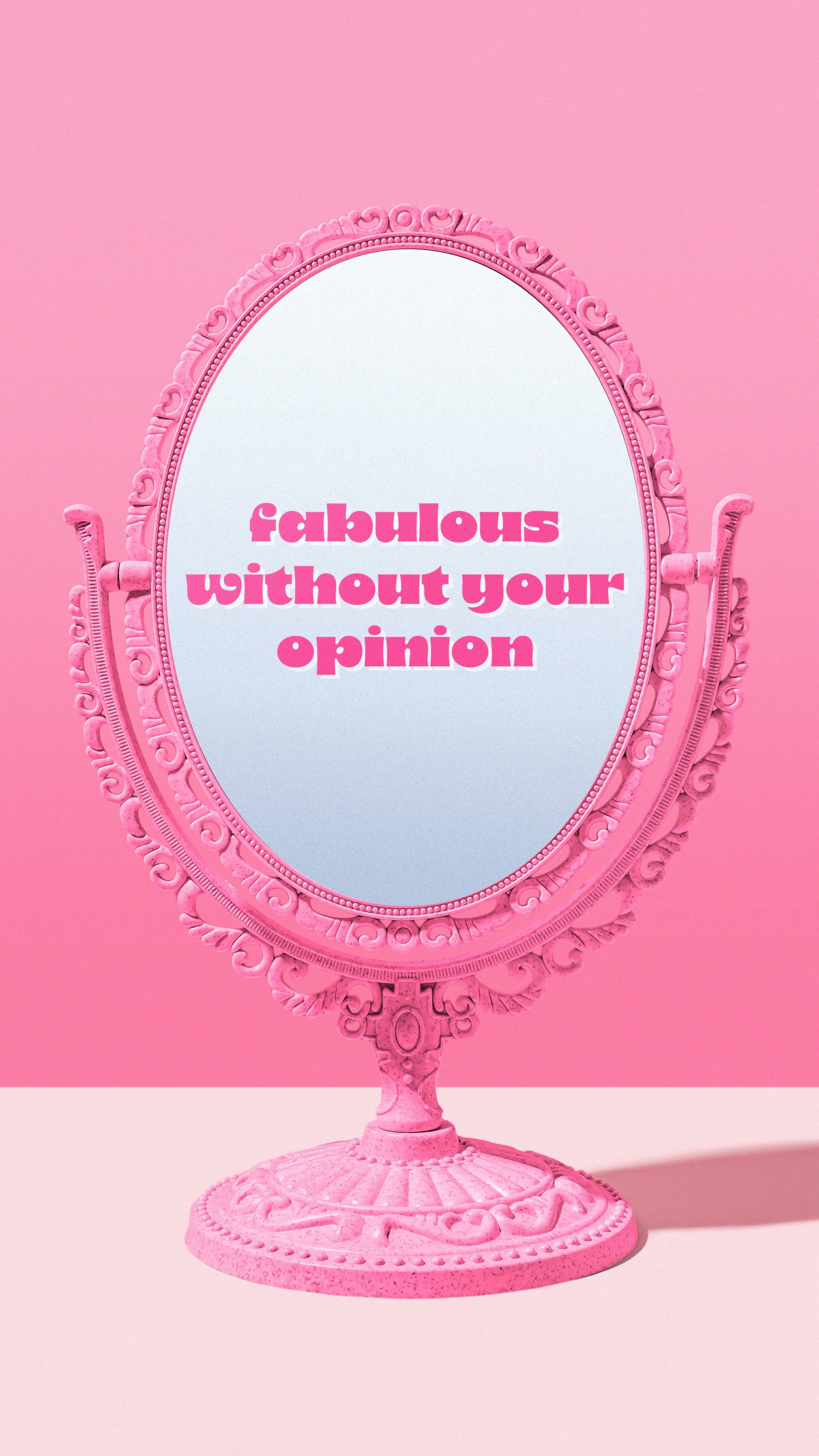How liking yourself is an act of rebellion in a world that profits off self doubt
credit: Shamblene Studios
This concept is often attributed to Caroline Caldwell, and powerfully encapsulates a critical perspective on modern society. It suggests that genuine self-acceptance and self-love are acts of rebellion against a system that often thrives on our insecurities and self-doubt.
How the world profits from self doubt
Consumerism: A significant portion of the global economy is built on making us feel inadequate so that we buy products and services to fix ourselves. The beauty industry, fashion, self-help (in its more superficial forms), and even technology often play on our insecurities about our appearance, abilities, and social standing. If we were truly content with ourselves, the drive to constantly consume would diminish.
Marketing and advertising: These industries are masters at identifying and amplifying our fears and doubts. They create problems we didn’t know we had and then offer their products as the solutions. This cycle perpetuates self-doubt as we constantly feel the need to improve or acquire something to be better.
Social media: While offering connection, social media often fuels comparison and self-criticism. Curated and often unrealistic portrayals of others’ lives can lead to feelings of inadequacy and a constant striving for external validation. This keeps us engaged and, in turn, benefits the platforms and advertisers.
Power structures: In some ways, societal power structures can benefit from a population that doubts itself. People who lack self-confidence may be less likely to question authority, challenge the status quo, or demand better for themselves.
The self help trap: While genuine self-improvement is valuable, a pervasive narrative can suggest we are perpetually not enough and always need to be working on ourselves. This can create a cycle of dependence on self-help industries without necessarily fostering true self-acceptance.
Why liking yourself is rebellious
Rejection of the status quo: To like yourself in a world constantly telling you that you need to change or improve is to reject the dominant narrative. It’s a refusal to buy into the idea that your inherent worth is tied to external factors or achievements.
Reduced consumerism: When you genuinely like yourself, you are less likely to fall prey to marketing that preys on your insecurities. You become more discerning about what you truly need versus what you are told you need.
Increased authenticity: Self-acceptance allows you to be more authentic and true to yourself, rather than trying to conform to external ideals. This can disrupt societal norms and expectations.
Empowerment: Liking yourself is an act of self-empowerment. It puts the control back within you, rather than allowing external forces to dictate your self-worth.
Freedom from comparison: When you are secure in yourself, you are less likely to engage in the often-damaging game of comparing yourself to others. This undermines the social hierarchies and anxieties that can be profitable for some industries.
Setting a different example: When you openly like and accept yourself, you can inspire others to do the same, potentially disrupting the cycle of self-doubt on a larger scale.
In a world designed to keep us feeling inadequate so that we continue to participate in a consumer-driven economy, choosing to like and accept yourself, just as you are, is a radical and rebellious act. It challenges the very foundations of a system that profits from our insecurities and paves the way for a more authentic and empowered way of being.
Sources: Caroline Caldwell

